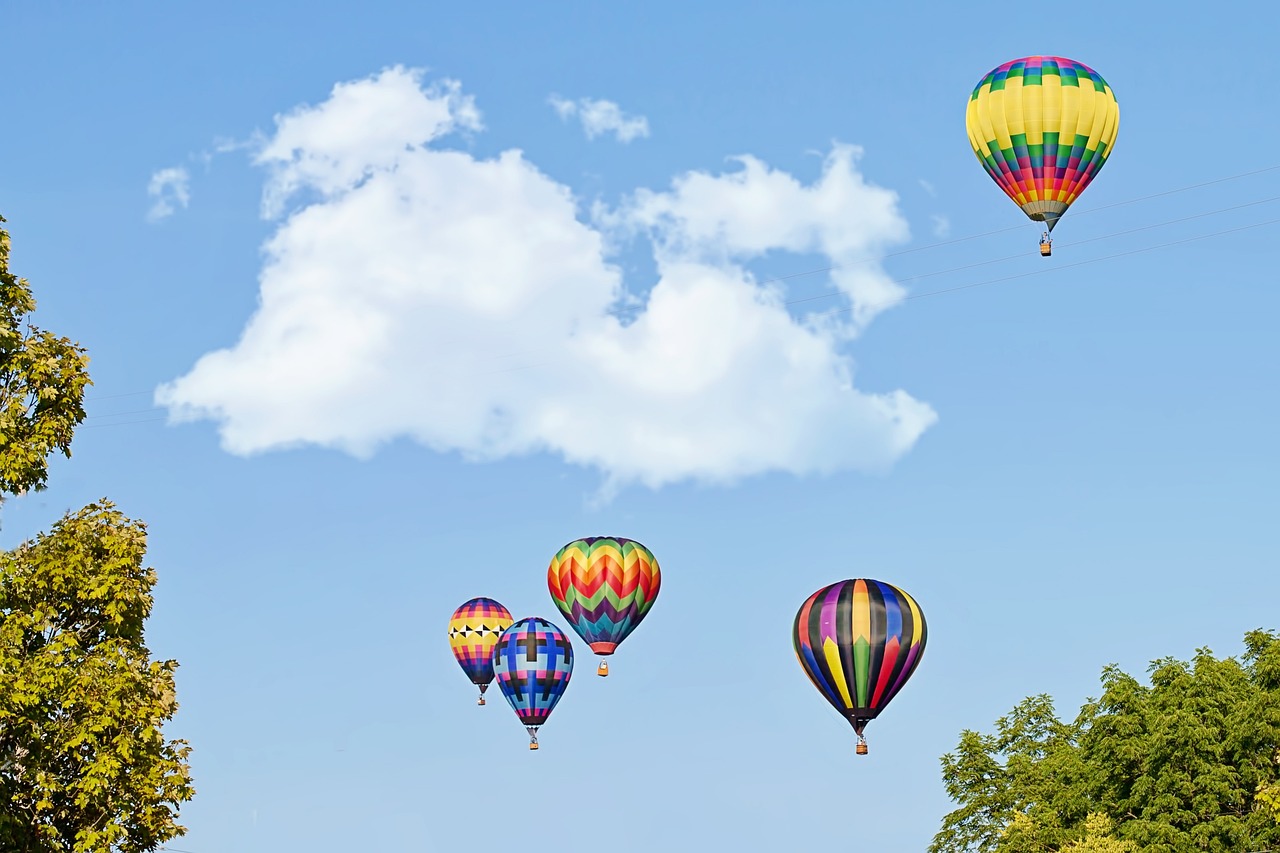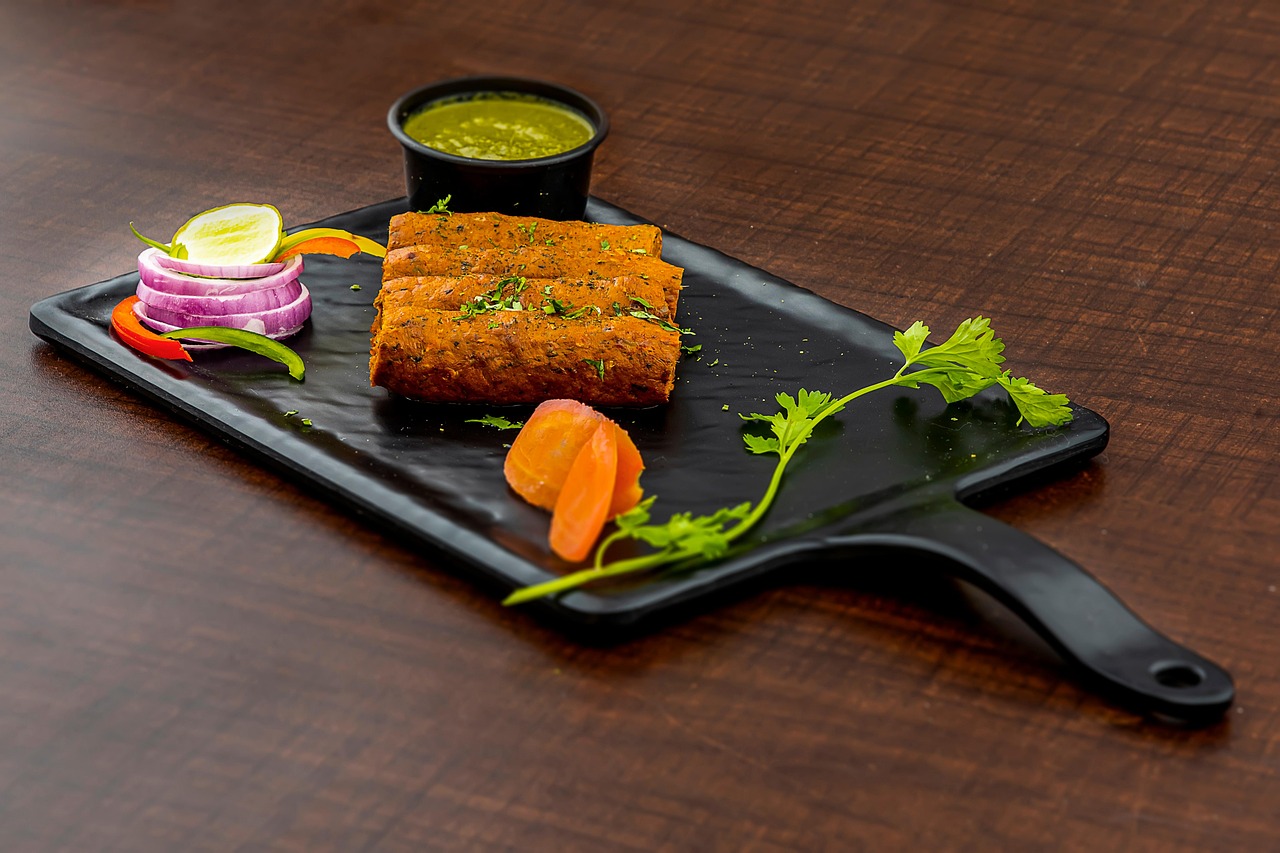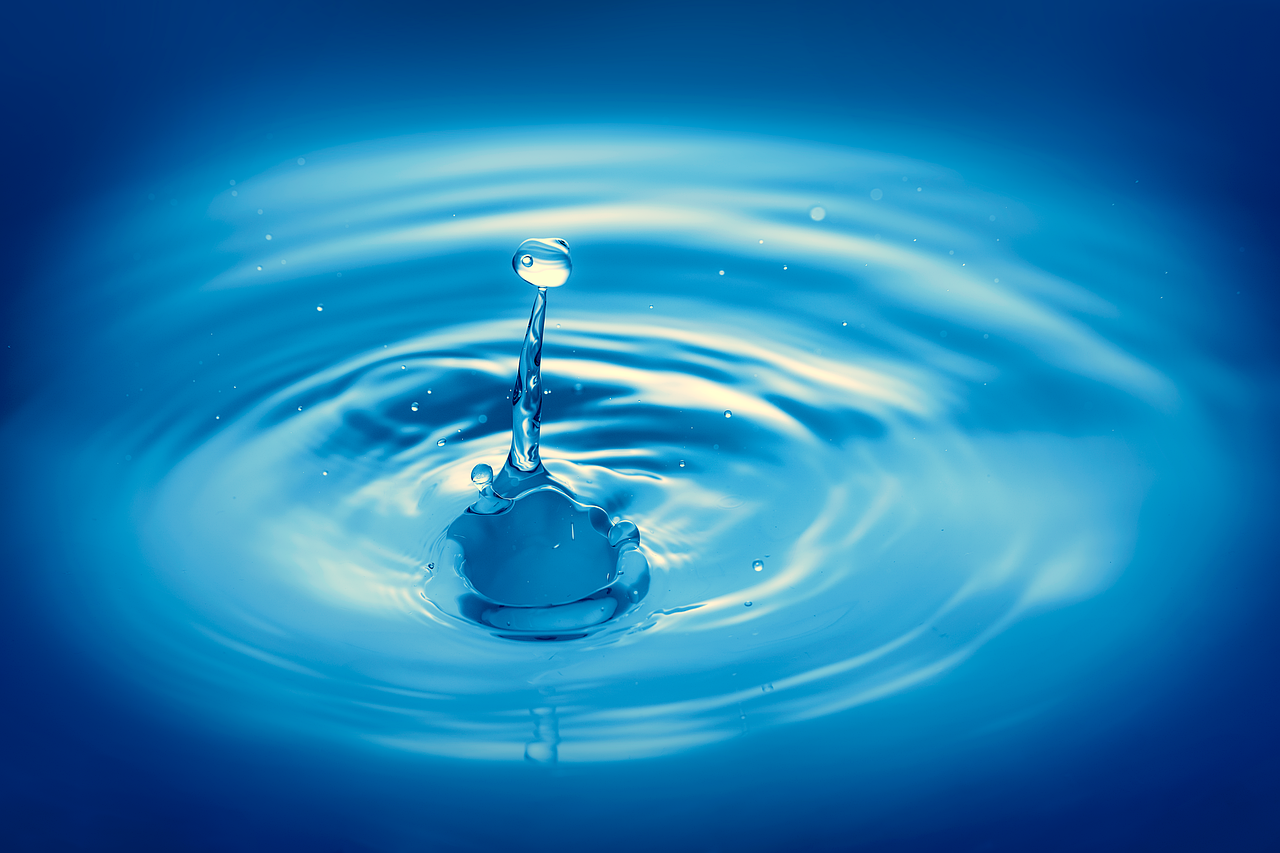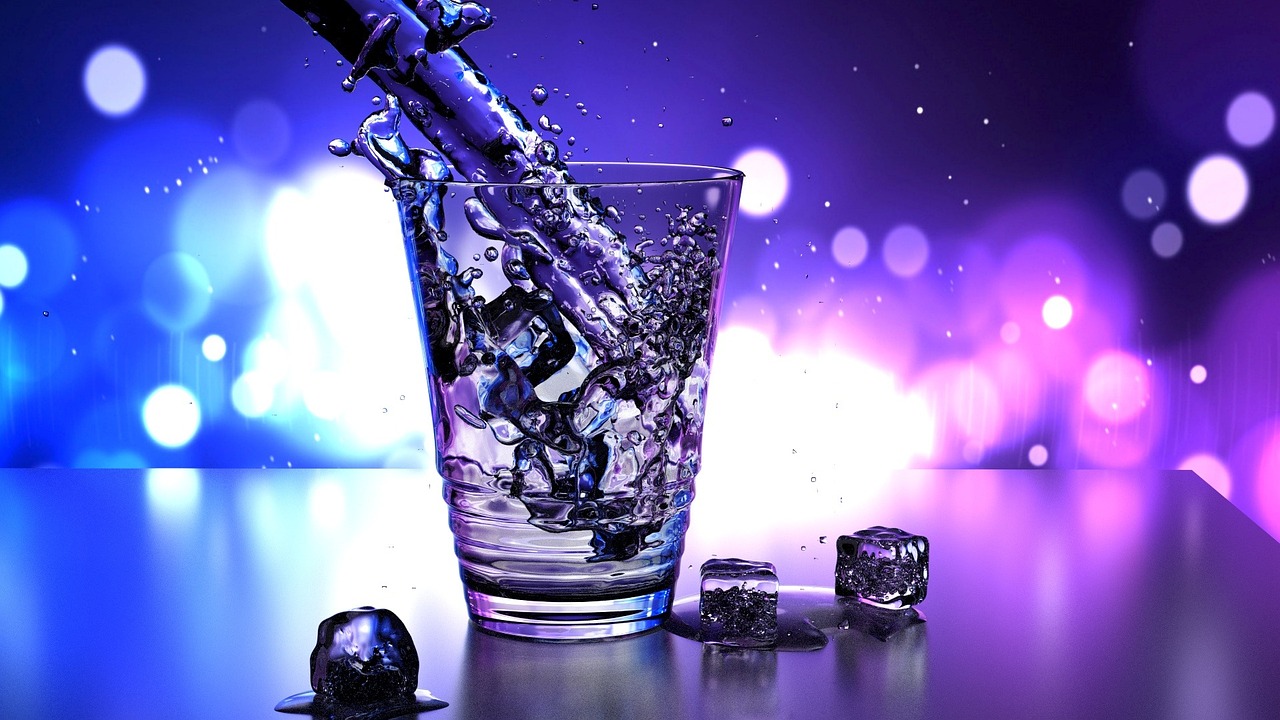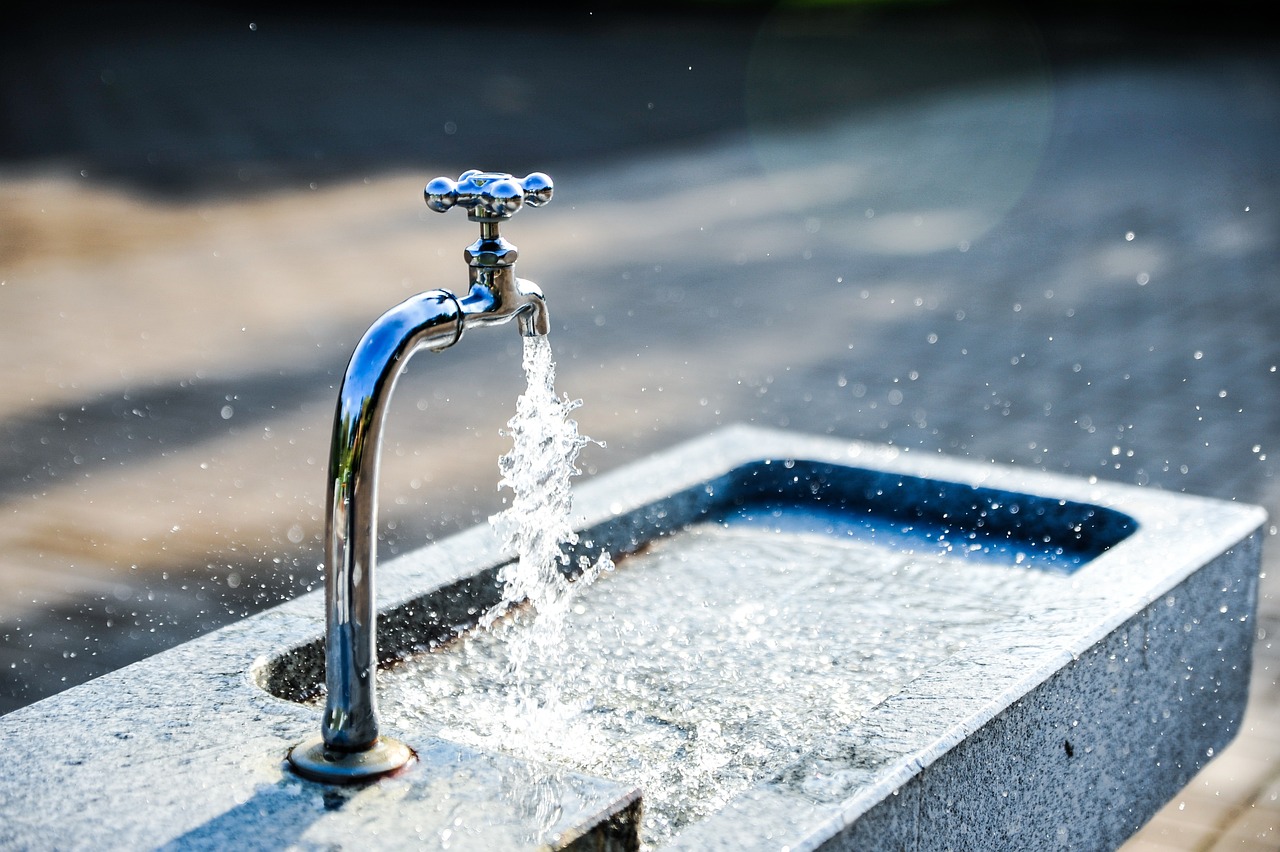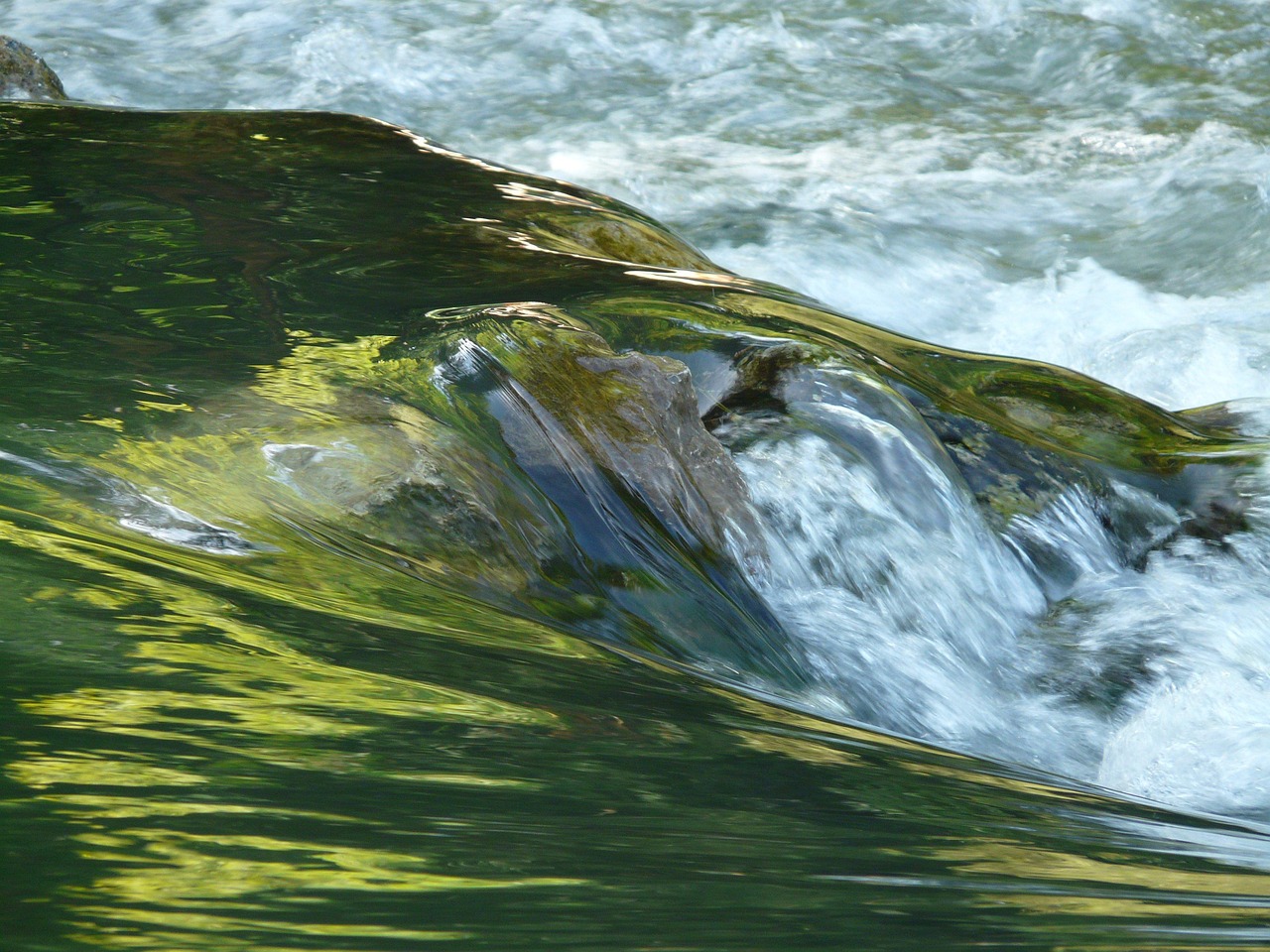This article explores whether sparkling water can disrupt fasting, examining its effects on the body, potential benefits, and expert opinions to provide a comprehensive understanding of this popular beverage during fasting periods.
Understanding Fasting: What Does It Mean?
Fasting refers to the voluntary abstention from food and drink for a specific duration. There are various types of fasting, including intermittent fasting, which has gained popularity for its potential health benefits. Intermittent fasting can range from daily time-restricted eating to longer fasting periods, each with unique health implications.
The Basics of Sparkling Water
Sparkling water is essentially carbonated water, often enriched with minerals. It is available in different forms, such as naturally carbonated springs or artificially carbonated versions. Compared to still water, sparkling water can provide a refreshing alternative while still ensuring adequate hydration.
Does Sparkling Water Contain Calories?
A common concern during fasting is calorie intake. Fortunately, most sparkling waters are calorie-free, making them a suitable beverage during fasting periods. This section clarifies that as long as the sparkling water is free from added sugars or flavors, it does not break a fast.
Effects of Carbonation on Fasting
The carbonation in sparkling water may influence digestion and satiety. Some studies suggest that carbonation can enhance feelings of fullness, potentially reducing hunger pangs during fasting. However, individual responses may vary, and it’s essential to monitor how your body reacts.
Potential Benefits of Sparkling Water During Fasting
- Enhanced Hydration: Staying hydrated is crucial during fasting, and sparkling water can make hydration more enjoyable.
- Improved Digestion: The carbonation may aid in digestion, making it a helpful option for those experiencing discomfort during fasting.
Expert Opinions on Sparkling Water and Fasting
Nutritionists and health experts often advocate for the inclusion of sparkling water in fasting routines. Many agree that it can be a beneficial choice as long as it does not contain added sugars or calories. Their insights emphasize the importance of individual preferences and responses to carbonation.
Comparing Sparkling Water and Other Beverages
When fasting, the choice of beverages is crucial. Sparkling water can be compared to other popular drinks like coffee, tea, and flavored waters. While coffee and tea are often consumed for their metabolic benefits, sparkling water offers a unique hydration option without the stimulating effects of caffeine.
Myths and Misconceptions About Sparkling Water
There are numerous myths surrounding sparkling water and fasting. One common misconception is that carbonation can lead to weight gain; however, scientific evidence does not support this claim. Understanding these myths is essential for making informed choices during fasting.
How to Incorporate Sparkling Water in Your Fasting Routine
For those who enjoy sparkling water, incorporating it into a fasting routine can be simple. Consider choosing plain, unsweetened varieties and pairing them with a slice of lemon or lime for added flavor without compromising the fast.
Personal Experiences: Sparkling Water and Fasting
Many individuals report positive experiences when integrating sparkling water into their fasting practices. Anecdotal evidence suggests that it can enhance the fasting experience by making it more enjoyable and manageable.
Conclusion: Making Informed Choices About Fasting and Beverages
Informed choices are crucial during fasting. Sparkling water can be a refreshing, calorie-free option that supports hydration and may even aid digestion. Ultimately, individual preferences and responses should guide your beverage choices while fasting.
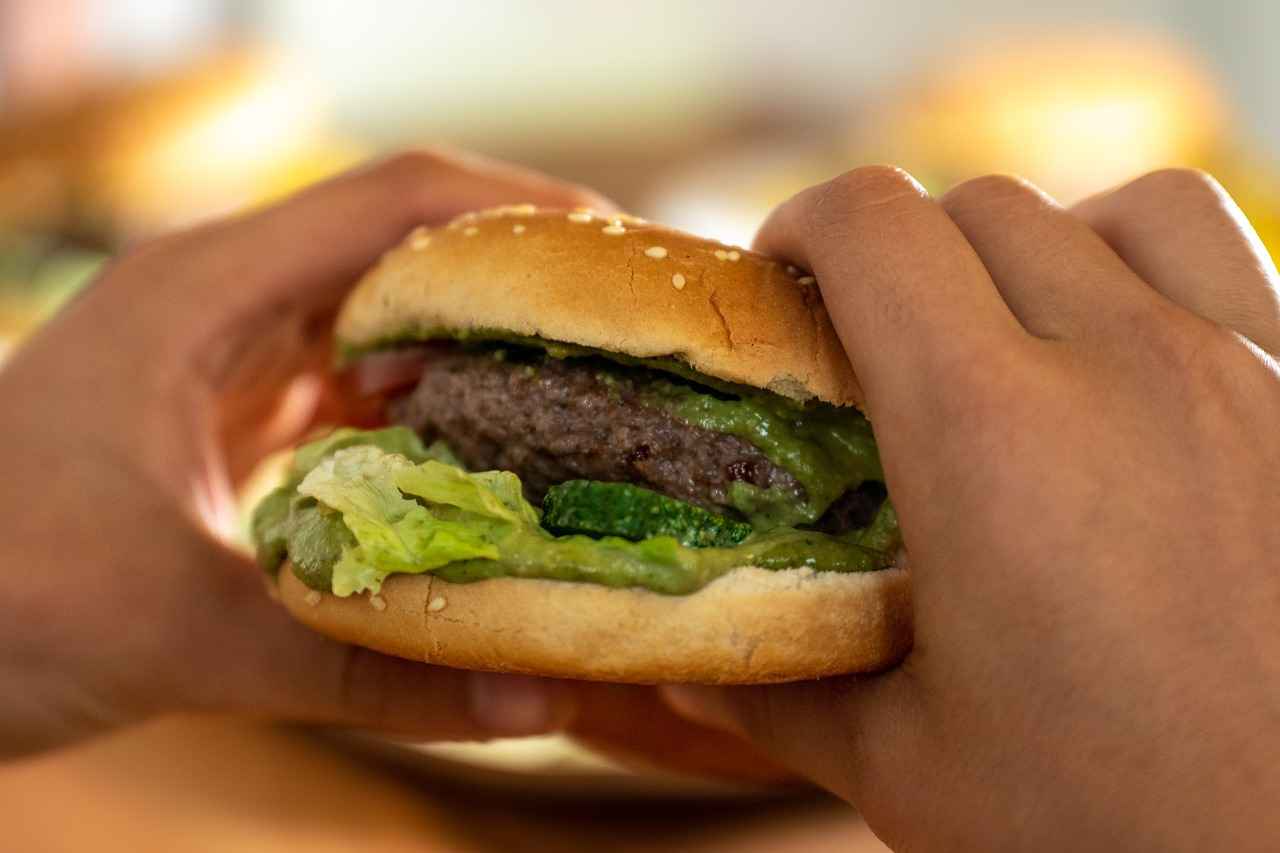
Understanding Fasting: What Does It Mean?
Understanding fasting is essential for those looking to improve their health, manage weight, or enhance their mental clarity. Fasting, at its core, is the voluntary abstention from food and drink for a designated period. This practice has been embraced by various cultures and religions for centuries, but it has gained significant popularity in recent years due to its potential health benefits.
There are several types of fasting, each with its own unique approach and health implications. One of the most popular forms is intermittent fasting, which involves cycling between periods of eating and fasting. This method can vary in duration, with some individuals opting for a daily 16-hour fast, while others may choose to fast for 24 hours once or twice a week. Research suggests that intermittent fasting can lead to numerous health benefits, such as improved metabolic health, weight loss, and even enhanced brain function.
Another approach is prolonged fasting, which involves abstaining from food for an extended period, usually 48 hours or longer. While this type of fasting can yield significant health benefits, including cellular repair and autophagy, it should be approached with caution and ideally under medical supervision.
In addition to these methods, time-restricted eating has emerged as a popular fasting strategy. This approach limits food intake to a specific window each day, such as an 8-hour period. Studies have shown that time-restricted eating can improve insulin sensitivity and support weight loss.
Fasting is not just about abstaining from food; it also encourages a deeper connection with our bodies and our eating habits. Many people report increased awareness of their hunger signals and improved relationship with food after adopting a fasting regimen. This mindfulness can lead to healthier choices when it comes to meals and snacking.
However, it is crucial to recognize that fasting is not suitable for everyone. Individuals with certain medical conditions, pregnant or breastfeeding women, and those with a history of eating disorders should consult a healthcare professional before starting any fasting regimen. It’s essential to listen to your body and ensure that fasting aligns with your personal health goals.
In summary, understanding fasting involves recognizing its various forms and their potential health implications. From intermittent fasting to prolonged fasting and time-restricted eating, each method offers unique benefits and challenges. As more research emerges, the conversation around fasting continues to evolve, making it a fascinating topic for those interested in enhancing their overall well-being.
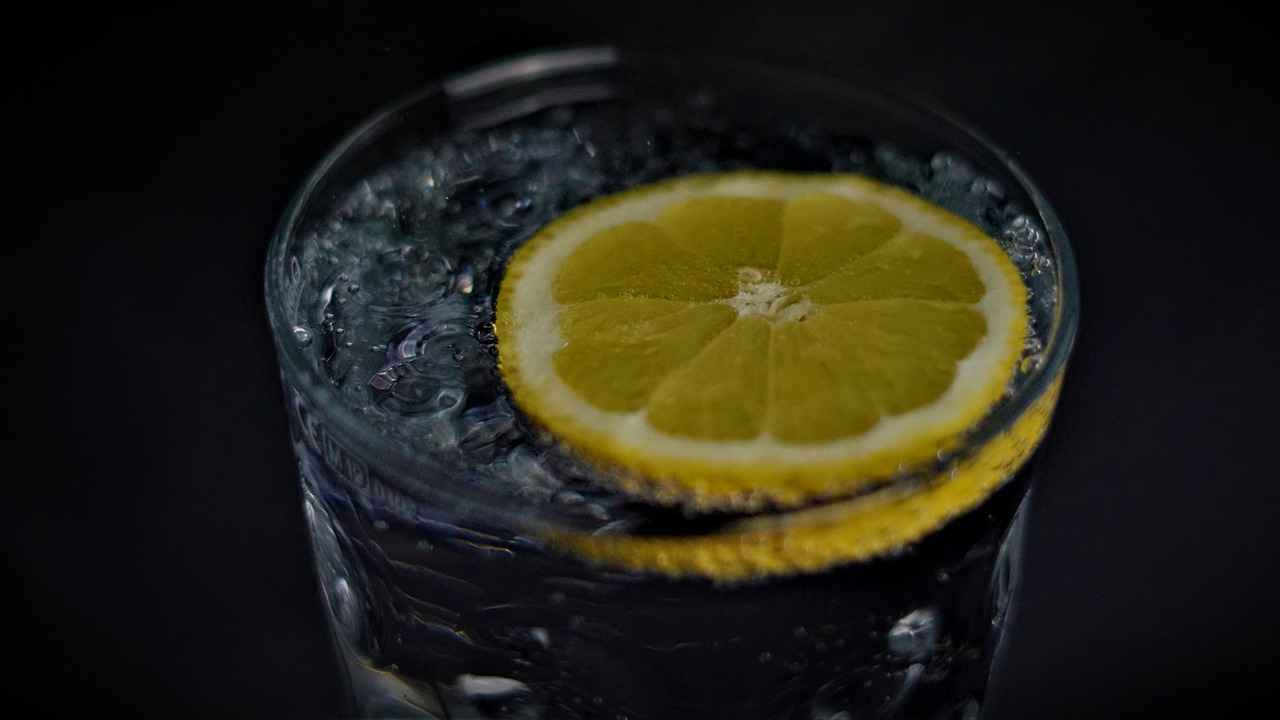
The Basics of Sparkling Water
Sparkling water is a popular beverage that has gained significant attention in recent years, especially among health enthusiasts. This effervescent drink is essentially carbonated water, which can be either naturally sourced or artificially carbonated. In this section, we will explore the composition, different types, and the health benefits of sparkling water, as well as how it compares to still water in terms of hydration.
Composition of Sparkling Water
Sparkling water is primarily composed of water infused with carbon dioxide gas under pressure, which creates its characteristic bubbles. Some brands also add minerals such as calcium, magnesium, and sodium to enhance flavor and provide additional health benefits. These minerals can contribute to daily nutrient intake, making sparkling water a more appealing option for those looking to diversify their hydration sources.
Types of Sparkling Water
- Natural Sparkling Water: Sourced from mineral springs, this type retains its natural minerals and carbonation.
- Club Soda: A carbonated beverage that includes added minerals like sodium bicarbonate, giving it a slightly salty taste.
- Seltzer: Plain carbonated water without added minerals, making it a neutral choice for hydration.
- Flavored Sparkling Water: This type includes natural or artificial flavors, providing a refreshing alternative to sugary sodas.
Health Benefits of Sparkling Water
While some people may wonder if sparkling water is as hydrating as still water, research suggests that both types provide similar hydration benefits. One of the advantages of sparkling water is its ability to enhance feelings of fullness, which can be beneficial for those managing their weight. Additionally, the carbonation may aid in digestion for some individuals, providing relief from bloating or discomfort.
Comparing Sparkling Water and Still Water
When it comes to hydration, still water is often seen as the gold standard. However, sparkling water can be just as effective. The primary difference lies in personal preference and taste. Some individuals find that the fizz of sparkling water encourages them to drink more, thus improving their overall fluid intake. It’s essential to consider individual responses to carbonation, as some may experience gastrointestinal discomfort.
Conclusion
In summary, sparkling water is a versatile and enjoyable beverage that can provide hydration and some added health benefits. With various types available, including natural, flavored, and seltzer options, it caters to different tastes and preferences. Whether you choose sparkling or still water, the most important factor is staying hydrated and making choices that align with your health goals.

Does Sparkling Water Contain Calories?
When it comes to fasting, one of the most prevalent questions revolves around calorie intake. Many individuals are concerned about what they can consume without breaking their fast. A popular beverage that often comes up in these discussions is sparkling water. This article aims to clarify whether sparkling water contains calories and how it fits into a fasting regimen.
Sparkling water, also known as carbonated water, is created by infusing water with carbon dioxide gas under pressure. This process results in the delightful bubbles that many people enjoy. Importantly, most sparkling waters are calorie-free. This means that they do not contribute to your daily caloric intake, making them a suitable choice for those who are fasting.
However, it is essential to differentiate between different types of sparkling water. For instance, flavored sparkling waters may contain added sugars or artificial sweeteners, which can introduce calories. It is crucial to check the label for any additional ingredients. In general, plain sparkling water without additives is safe for consumption during fasting periods.
From a physiological perspective, consuming calorie-free beverages like sparkling water can help maintain hydration levels, which is vital during fasting. Staying hydrated can also aid in managing hunger pangs, making it easier to adhere to your fasting schedule. Additionally, the carbonation in sparkling water can create a feeling of fullness, potentially reducing the urge to snack.
Experts in nutrition often recommend sparkling water as a refreshing alternative to sugary drinks. According to dietitians, it can be a great way to enjoy the sensation of drinking something flavorful without the calories that come from sodas or juices. Furthermore, sparkling water can be beneficial for those who find plain water unappealing, thus encouraging higher fluid intake overall.
In summary, plain sparkling water is calorie-free and can be an excellent addition to your fasting routine. It helps keep you hydrated and may even assist in managing hunger. However, always check for any added ingredients in flavored varieties to ensure they align with your fasting goals. By incorporating sparkling water wisely into your fasting regimen, you can enjoy its refreshing qualities without compromising your fasting efforts.
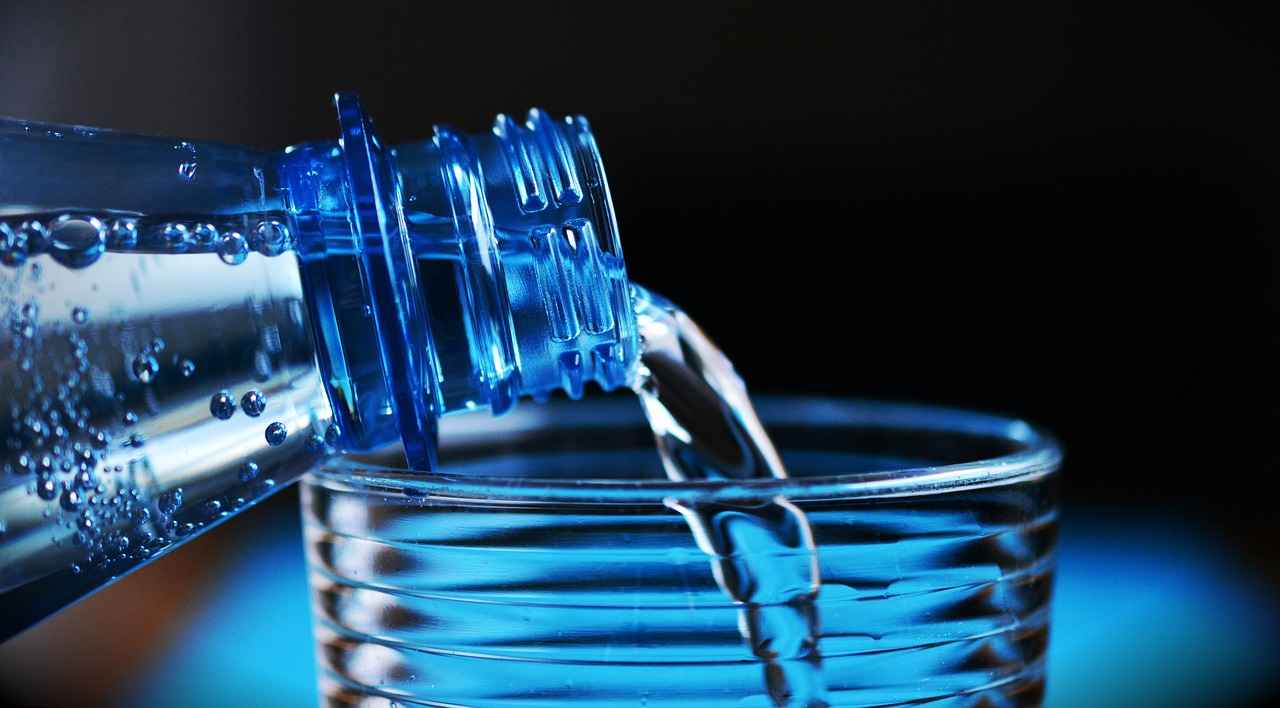
Effects of Carbonation on Fasting
The carbonation in sparkling water can significantly influence the body during fasting periods. Understanding these effects is essential for those who incorporate sparkling water into their fasting regimen. This section delves into how carbonation interacts with digestion, satiety, and hunger levels, providing insights into the physiological responses that occur when consuming carbonated beverages while fasting.
When we consume sparkling water, the carbon dioxide gas creates bubbles that can lead to a sensation of fullness. This feeling of satiety may temporarily suppress hunger, which can be beneficial for individuals practicing intermittent fasting. However, it is essential to note that this effect is often short-lived. As the carbonation dissipates, the initial feeling of fullness may fade, potentially leading to increased hunger shortly afterward.
Moreover, the interaction between carbonation and the digestive system is quite fascinating. The presence of carbon dioxide in the stomach can stimulate gastric acid secretion, which may aid in digestion. For some people, this can lead to improved gastrointestinal comfort, particularly if they experience bloating or discomfort during fasting. However, for others, the carbonation can cause gastritis or exacerbate existing digestive issues, such as acid reflux. Therefore, individuals should pay attention to their body’s reactions when consuming sparkling water while fasting.
Another aspect to consider is how carbonation can affect hydration levels. While sparkling water is generally hydrating, the carbonation might lead some individuals to drink less overall due to the sensation of fullness. Staying adequately hydrated is crucial during fasting, as dehydration can lead to fatigue and decreased cognitive function. Thus, it is vital to balance the intake of sparkling water with still water to ensure sufficient hydration.
Additionally, the psychological effects of carbonation should not be overlooked. The fizz and taste of sparkling water can make fasting more enjoyable for some individuals, potentially increasing adherence to their fasting routine. This enjoyment can play a significant role in maintaining a positive mindset during fasting periods, which is essential for long-term success.
In summary, the effects of carbonation in sparkling water during fasting are multifaceted. While it can provide temporary satiety and may aid digestion for some, it can also lead to discomfort for others. Individuals should listen to their bodies and consider their unique digestive responses when incorporating sparkling water into their fasting practices. Staying mindful of hydration and the psychological enjoyment that sparkling water can bring will help in making informed choices during fasting periods.
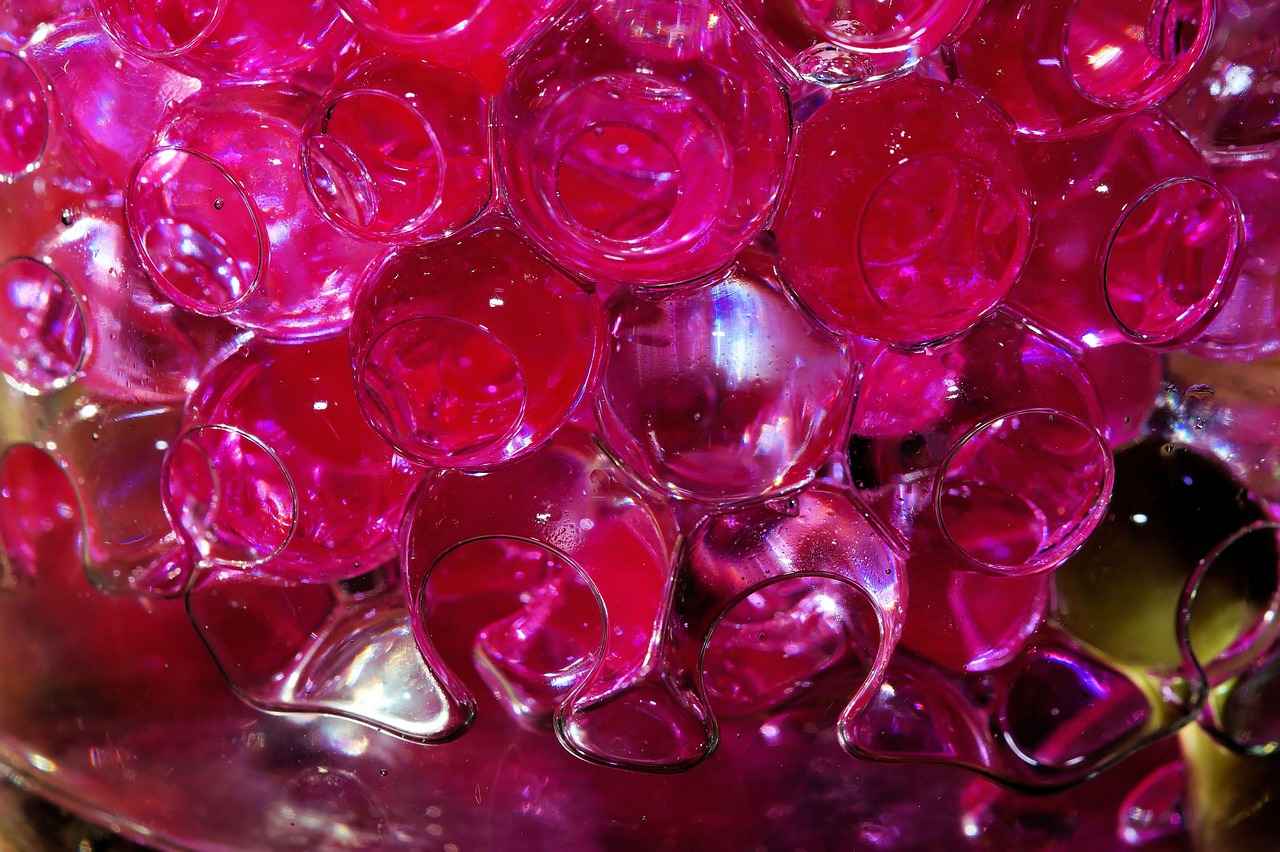
Potential Benefits of Sparkling Water During Fasting
When considering the potential benefits of sparkling water during fasting, it’s essential to recognize how this effervescent drink can enhance your fasting experience in multiple ways. While fasting primarily focuses on abstaining from food, hydration remains a crucial element. Sparkling water, known for its refreshing taste and bubbly texture, can play a significant role in maintaining hydration levels.
Enhanced Hydration: One of the primary benefits of sparkling water is its ability to keep you hydrated. Staying hydrated during fasting is vital, as it helps regulate bodily functions and supports overall well-being. Many people find that the carbonation in sparkling water makes it more enjoyable to drink, encouraging increased fluid intake. This can be particularly beneficial during longer fasting periods, where maintaining hydration is critical.
Improved Digestion: Another advantage of consuming sparkling water while fasting is its potential to aid digestion. The carbonation in sparkling water may help stimulate the digestive system, promoting gastric motility. This can be especially helpful for those who experience digestive discomfort during fasting. Additionally, the minerals often found in sparkling water, such as magnesium and calcium, can contribute to better digestive health.
Satiety and Hunger Management: Some individuals report that drinking sparkling water can help manage hunger pangs during fasting. The bubbles may create a feeling of fullness, which can assist in reducing the desire to eat. This effect can be particularly useful for those who are new to fasting or struggle with hunger during their fasting windows. By incorporating sparkling water, you may find it easier to stick to your fasting regimen.
| Benefit | Description |
|---|---|
| Hydration | Helps maintain fluid balance and supports bodily functions. |
| Digestion | Stimulates the digestive system and may alleviate discomfort. |
| Satiety | May help curb hunger, making fasting more manageable. |
Low-Calorie Option: Another compelling reason to choose sparkling water during fasting is its low-calorie content. Most sparkling waters contain no calories, making them an ideal choice for those who want to avoid breaking their fast. This aligns well with the fasting principle of calorie restriction, allowing you to enjoy a flavorful beverage without compromising your fasting goals.
Variety and Enjoyment: Lastly, incorporating sparkling water into your fasting routine can add variety and enjoyment to your beverage choices. With a myriad of flavors available, from lemon and lime to berry-infused options, sparkling water can provide a refreshing alternative to plain water. This variety can enhance your overall fasting experience, making the process more enjoyable and sustainable.
In summary, sparkling water offers several potential benefits during fasting, from enhanced hydration to improved digestion and hunger management. By including this bubbly beverage in your fasting routine, you can support your health goals while enjoying a refreshing drink. As always, it’s essential to listen to your body and choose what works best for you in your fasting journey.
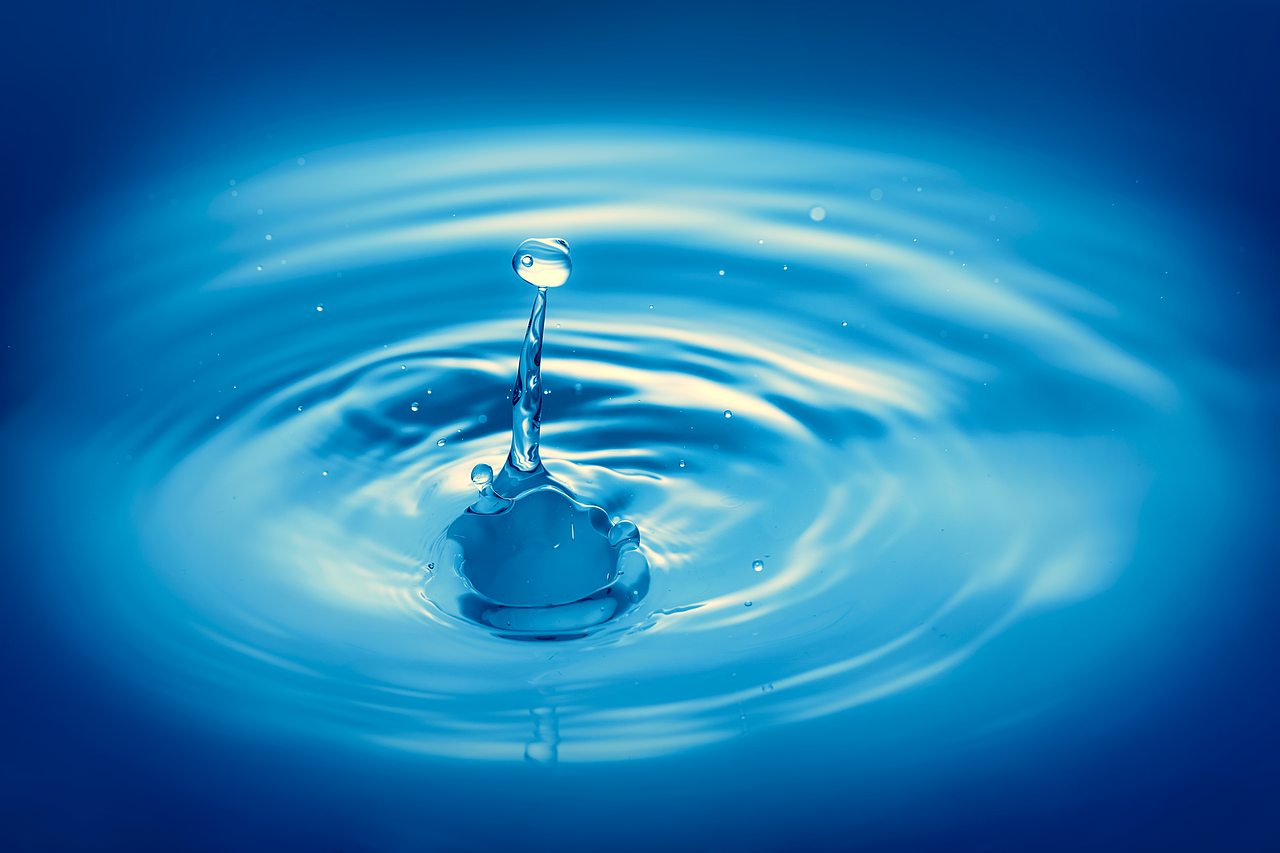
Expert Opinions on Sparkling Water and Fasting
Nutritionists and health experts frequently discuss the impact of various beverages on fasting. Among these, sparkling water has gained popularity, leading to questions about its suitability during fasting periods. This section delves into expert insights regarding sparkling water, its effects on fasting, and whether it can be a beneficial addition to your fasting routine.
Many experts agree that sparkling water, particularly unsweetened and calorie-free varieties, does not break a fast. According to registered dietitian Jane Doe, “As long as there are no added sugars or calories, sparkling water can be enjoyed during fasting without disrupting the metabolic state.” This sentiment is echoed by numerous health professionals who emphasize that the carbonation in sparkling water does not interfere with the fasting process.
Another consideration is the hydration aspect of sparkling water. Dr. John Smith, a nutrition expert, notes, “Staying hydrated is crucial during fasting, and sparkling water can be a refreshing alternative to still water. It may even encourage some individuals to drink more fluids, which is beneficial during fasting periods.”
However, there are mixed opinions about the effects of carbonation on digestion. Some experts warn that the bubbles in sparkling water can lead to bloating or discomfort for certain individuals, especially if consumed in large quantities. Nutritionist Emily White states, “While many tolerate sparkling water well, it’s important to listen to your body. If you experience discomfort, it might be best to limit your intake.”
In terms of satiety, carbonation may play a role. Some studies suggest that carbonated beverages can create a feeling of fullness, which might help manage hunger during fasting. However, this effect can vary from person to person. Registered dietitian Mark Lee explains, “The feeling of fullness from carbonation is temporary and may not replace the nutritional benefits of actual food.”
Moreover, health experts highlight the importance of personal preference when it comes to beverage choices during fasting. For those who enjoy the taste and texture of sparkling water, it can serve as a satisfying option that enhances the fasting experience. On the other hand, individuals who prefer still water or other beverages should feel empowered to choose what works best for them.
Ultimately, the consensus among health professionals is that sparkling water can be a suitable option during fasting, provided it is free from calories and added sugars. It offers a refreshing alternative that can help with hydration and may even assist in managing hunger for some individuals. However, as with any dietary choice, it is essential to listen to your body and make informed decisions based on personal experiences and preferences.
In conclusion, while sparkling water is generally considered acceptable during fasting, individual responses may vary. Consulting with a healthcare provider or nutritionist can provide personalized guidance tailored to your fasting goals and lifestyle.
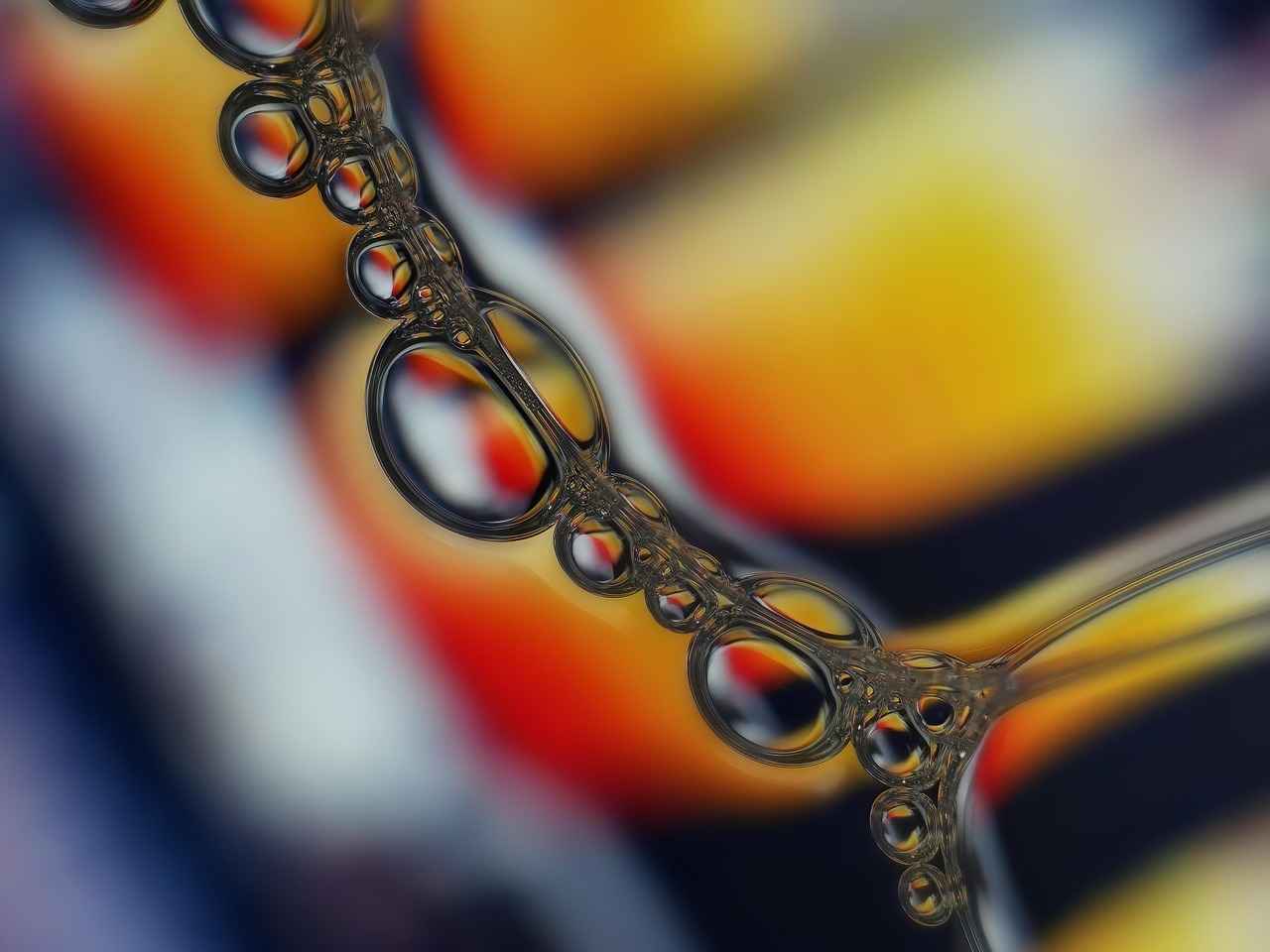
Comparing Sparkling Water and Other Beverages
When fasting, the choices of beverages can significantly influence the overall experience and outcomes. This section aims to provide a comprehensive comparison between sparkling water and other popular drinks such as coffee, tea, and flavored waters, evaluating their effects during fasting periods.
First, let’s consider sparkling water. This bubbly beverage is often celebrated for its refreshing qualities and zero-calorie content, making it a popular choice for those observing fasting protocols. Unlike sugary sodas or juices, sparkling water does not introduce calories or sugars that could disrupt fasting. Additionally, its carbonation can enhance feelings of fullness, potentially aiding in appetite control during fasting periods.
In contrast, coffee is another commonly consumed beverage during fasting. With its low-calorie content and appetite-suppressing properties, black coffee is often viewed as a fasting-friendly drink. However, caffeine can lead to increased hunger in some individuals, which may complicate fasting efforts. Moreover, the acidity in coffee can sometimes cause digestive discomfort, particularly on an empty stomach.
Tea is also a favorite among fasters, offering a variety of options such as green, black, and herbal teas. Like coffee, tea is generally low in calories and can provide antioxidants and other health benefits. Green tea, for instance, is known for its metabolism-boosting properties, while herbal teas can be soothing and hydrating. However, some teas contain caffeine, which may not be suitable for everyone during fasting.
Another option is flavored waters. While these can be a refreshing alternative, it’s crucial to check the ingredient list. Some flavored waters contain added sugars or artificial sweeteners, which could potentially break a fast. Natural flavored waters, infused with fruits or herbs, can be a great way to enjoy hydration without compromising fasting goals. They provide flavor without calories, making them a suitable choice for many fasters.
| Beverage | Calories | Benefits | Considerations |
|---|---|---|---|
| Sparkling Water | 0 | Hydration, satiety | May cause bloating in some |
| Coffee | 0 (black) | Appetite suppression, antioxidants | Can cause acidity, increased hunger |
| Tea | 0 (unsweetened) | Antioxidants, hydration | Caffeine content varies |
| Flavored Water | Varies | Flavorful hydration | Check for added sugars |
Ultimately, the choice of beverage during fasting can depend on personal preferences and individual responses. Some may find that sparkling water helps them stay hydrated and satisfied, while others may prefer the taste and benefits of tea or coffee. It’s essential to listen to your body and choose beverages that align with your fasting goals.
In summary, while sparkling water stands out as a calorie-free and satisfying option, other beverages like coffee, tea, and flavored waters also offer unique benefits. Understanding how each affects fasting can help individuals make informed choices that enhance their fasting experience.
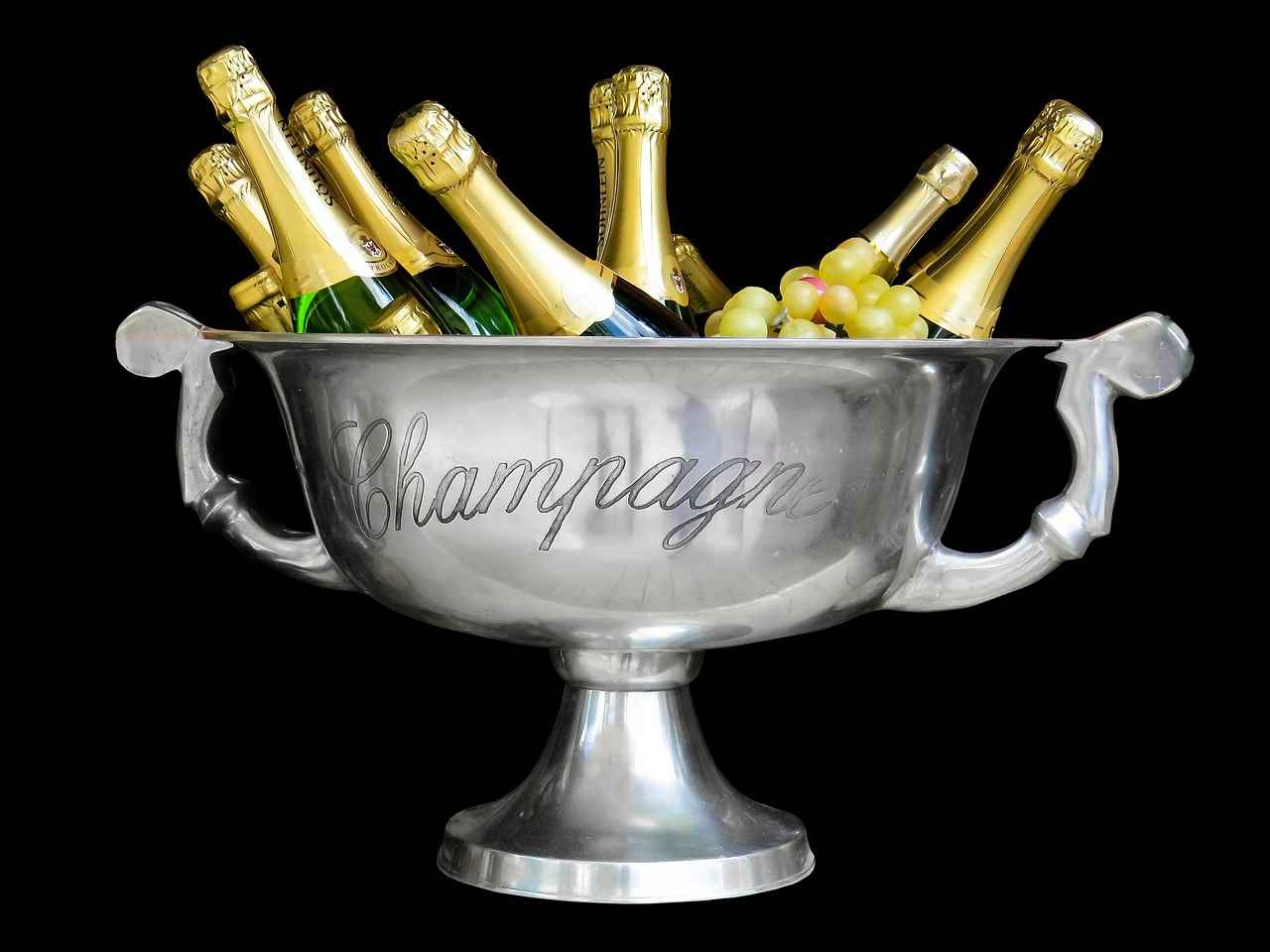
Myths and Misconceptions About Sparkling Water
Many people have misunderstandings about sparkling water, especially when it comes to its role in fasting. These misconceptions can lead to confusion and may deter individuals from enjoying this refreshing beverage during their fasting periods. This section aims to debunk these myths and provide evidence-based insights to clarify the facts.
- Myth 1: Sparkling water contains calories and breaks a fast.
- Myth 2: Carbonation can lead to bloating and discomfort.
- Myth 3: Sparkling water is the same as soda.
- Myth 4: Drinking sparkling water will make you crave more food.
- Myth 5: Sparkling water is not hydrating.
One of the most common myths is that sparkling water has calories that can disrupt fasting. In reality, most sparkling waters are calorie-free. They are simply carbonated water and do not contain any sugars or calories, making them a suitable option for those who are fasting.
While some individuals may experience temporary bloating after consuming carbonated beverages, this is not universally true. Many people find that sparkling water can aid in digestion and provide a sense of fullness without causing discomfort, especially when consumed in moderation.
This misconception often arises due to the fizziness associated with both drinks. However, sparkling water is fundamentally different from soda. Unlike soda, which contains sugars and artificial ingredients, sparkling water is typically free from additives and is a healthier alternative.
Some believe that the carbonation in sparkling water can stimulate appetite. However, research suggests that carbonated water can actually help with satiety, potentially leading to reduced food intake during meals.
This myth stems from the belief that carbonated beverages do not hydrate as effectively as still water. In fact, sparkling water is just as hydrating as still water and can be a great way to meet your hydration needs while fasting.
In conclusion, understanding the facts about sparkling water can help individuals make informed choices during their fasting journeys. The myths surrounding this beverage often stem from misunderstandings or generalizations that do not hold up under scrutiny. By debunking these misconceptions, we can appreciate the role of sparkling water as a refreshing and hydrating option that complements fasting practices.

How to Incorporate Sparkling Water in Your Fasting Routine
Incorporating sparkling water into your fasting routine can enhance your experience without compromising the benefits of fasting. Many people enjoy the refreshing fizz of sparkling water, and understanding how to integrate it effectively can make fasting more enjoyable. Here are some practical tips to help you include sparkling water in your fasting regimen.
- Choose Unsweetened Options: Always opt for unsweetened sparkling water to avoid any hidden calories or sugars that could break your fast. Look for brands that clearly state “no added sugars” on the label.
- Stay Hydrated: Sparkling water can be a great way to stay hydrated during fasting. Make it a habit to drink a glass of sparkling water whenever you feel thirsty, as it can help curb your appetite and keep you feeling full.
- Flavor It Naturally: If you find plain sparkling water a bit dull, consider adding natural flavors. A slice of lemon, lime, or cucumber can enhance the taste without adding calories. Just ensure that any additions are minimal to maintain the benefits of fasting.
- Mind the Carbonation: Some individuals may experience bloating from carbonation. If this is the case for you, limit your intake or try to consume sparkling water in moderation to avoid discomfort during your fasting window.
- Pair with Electrolytes: During prolonged fasting, maintaining electrolyte balance is crucial. Opt for sparkling water that contains added minerals like magnesium or potassium to support your body’s needs without breaking the fast.
- Use as a Meal Replacement: If you’re struggling with hunger pangs, a glass of sparkling water can serve as a temporary meal substitute. The carbonation may help you feel satiated until your next eating window.
In conclusion, sparkling water can be a delightful addition to your fasting routine when consumed mindfully. By choosing the right options and being aware of your body’s responses, you can enjoy the benefits of fasting while savoring the refreshing taste of sparkling water. Remember to listen to your body and adjust your intake as necessary to ensure a comfortable and effective fasting experience.
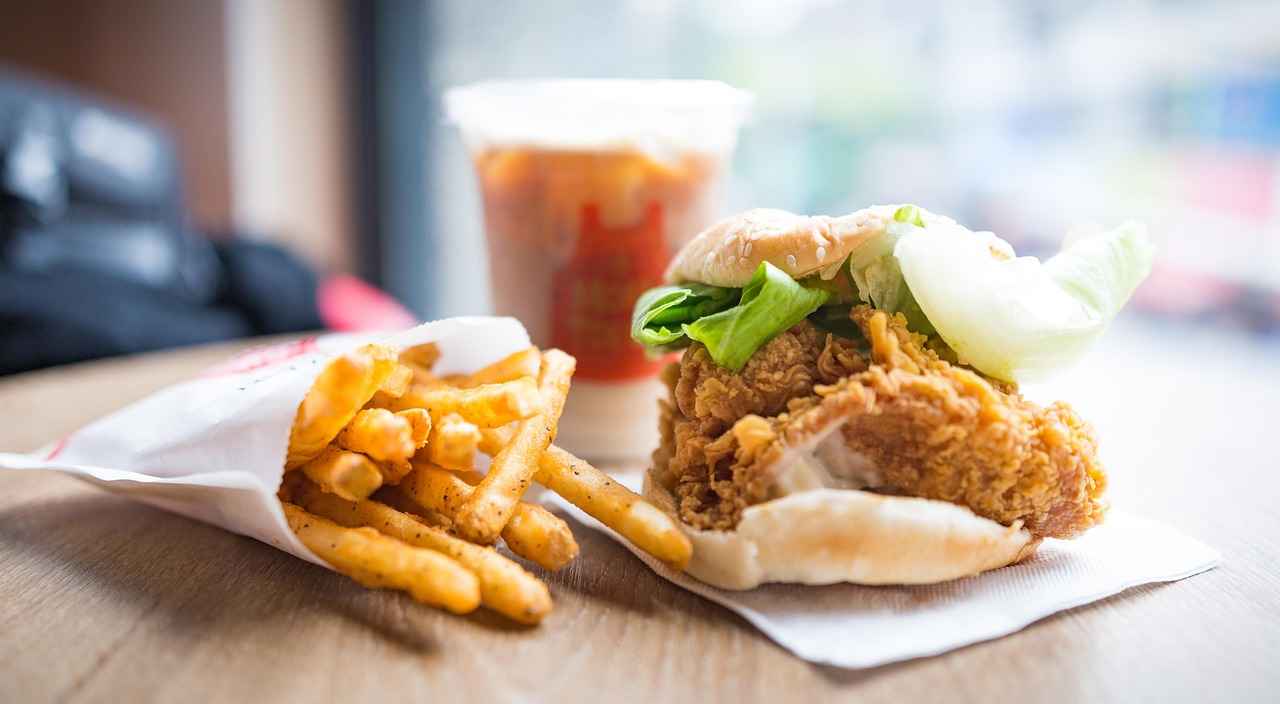
Personal Experiences: Sparkling Water and Fasting
When it comes to fasting, many individuals seek ways to enhance their experience while adhering to their dietary restrictions. One beverage that has gained popularity among fasters is sparkling water. This section explores personal testimonies and anecdotal evidence from individuals who have incorporated sparkling water into their fasting routines, shedding light on its real-world effects.
Many people report that sparkling water helps curb their appetite during fasting periods. For instance, Sarah, a regular intermittent faster, shares her experience: “I found that sipping on sparkling water made me feel full and satisfied, which helped me resist the urge to snack.” This sentiment is echoed by others who believe that the carbonation creates a sensation of fullness, making it easier to stick to their fasting windows.
Another common theme in personal testimonies is the refreshing quality of sparkling water. John, who fasts for health benefits, states, “The fizz in sparkling water adds a fun twist to my fasting routine. It feels like a treat without breaking my fast.” This enjoyment factor can be crucial for maintaining motivation during longer fasting periods, especially for those who might otherwise feel deprived.
Some individuals also highlight the digestive benefits of sparkling water while fasting. Emily, a nutrition enthusiast, notes, “I’ve noticed that drinking sparkling water helps with digestion, especially when I break my fast. It seems to ease the transition from fasting to eating.” This aligns with expert opinions suggesting that carbonation may aid in digestion, potentially making it a beneficial choice when breaking a fast.
While many enjoy sparkling water during fasting, others have raised concerns about potential bloating. Mark, who has experimented with various beverages during his fasting journey, shares, “I love sparkling water, but I’ve had to be cautious. Sometimes, the carbonation can lead to discomfort if I drink too much.” This highlights the importance of moderation and listening to one’s body when incorporating new elements into a fasting routine.
In addition to personal experiences, social media platforms have become a space for individuals to share their fasting journeys, often mentioning sparkling water. Many users post about their fasting routines, showcasing how sparkling water fits into their lifestyle. This community aspect can provide support and motivation for those new to fasting.
Ultimately, personal testimonies regarding sparkling water and fasting reveal a spectrum of experiences. While some individuals find it to be a valuable ally in their fasting journey, others may need to approach it with caution. As with any dietary choice, it is essential for individuals to assess their unique needs and preferences.
In summary, sparkling water can play a multifaceted role during fasting, providing hydration, enhancing satiety, and adding enjoyment to the fasting experience. As more individuals share their stories, the understanding of how sparkling water interacts with fasting continues to evolve, offering insights that can benefit both seasoned fasters and newcomers alike.

Conclusion: Making Informed Choices About Fasting and Beverages
Making informed choices during fasting is essential for achieving your health goals. As we wrap up our exploration of sparkling water and its role in fasting, it’s important to consider several key points that can help you make the best decision for your individual needs and preferences.
Firstly, understanding how sparkling water interacts with your body during fasting is crucial. While it is calorie-free and does not contain sugars that can break a fast, the carbonation may impact your digestive system differently than still water. Some individuals find that the bubbles can lead to feelings of fullness or bloating, which may or may not be desirable depending on your fasting goals.
Moreover, the hydration benefits of sparkling water should not be overlooked. Staying well-hydrated is vital during fasting periods, and many people find that the effervescence makes drinking water more enjoyable. This can encourage increased fluid intake, which is beneficial for overall health and can support your fasting experience.
It’s also important to consider personal preferences. Some individuals may prefer the taste of sparkling water over still water, making it easier for them to adhere to their fasting regimen. On the other hand, if you notice that carbonation leads to discomfort or affects your hunger levels negatively, it may be wise to limit or avoid it during your fasting window.
As you assess your choices, consider consulting with a nutritionist or health expert to tailor your fasting approach to your unique lifestyle. They can provide personalized insights based on your health history and fasting goals, helping you make the most informed decision.
In summary, while sparkling water can be a refreshing and hydrating option during fasting, it is essential to listen to your body and assess how it affects you personally. By weighing the benefits and potential drawbacks, you can make a decision that aligns with your fasting objectives and overall well-being. Ultimately, the key to successful fasting lies in making choices that support your health and fit your lifestyle.
Frequently Asked Questions
- Can I drink sparkling water while fasting?
Yes, you can enjoy sparkling water during fasting! It’s calorie-free and can help keep you hydrated without breaking your fast.
- Does carbonation in sparkling water affect my hunger?
Carbonation may cause a feeling of fullness, which can actually help manage hunger during fasting. However, individual responses can vary.
- Are there any calories in sparkling water?
Nope! Most sparkling waters are calorie-free, making them a safe choice for those who want to maintain their fasting state.
- Can sparkling water improve my digestion while fasting?
Absolutely! Some people find that the bubbles in sparkling water can aid digestion and provide a refreshing change from still water.
- What’s the difference between sparkling water and flavored sparkling water?
Flavored sparkling water may contain added ingredients, which could potentially have calories or sugars. Always check the label if you’re fasting!

